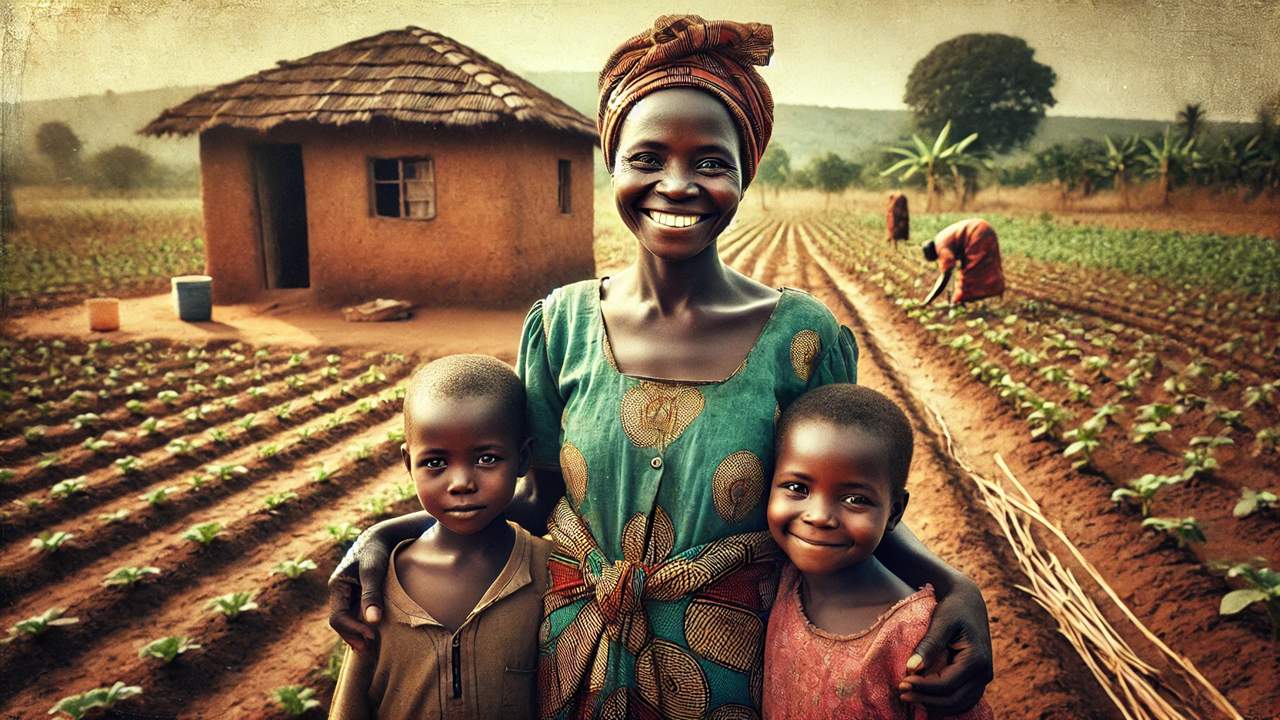The Unexpected Link Between Women's Earnings and Rising Fertility in Sub-Saharan Africa
This article explores the surprising findings from a World Bank study that challenges traditional assumptions about the relationship between women's earnings and fertility in Sub-Saharan Africa. Contrary to expectations, the study found that higher incomes and increased household wealth led to higher fertility rates among women in the region. The article discusses the role of economic insecurity and cultural norms in driving this trend and suggests that strengthening women's property rights and social safety nets could be more effective in managing fertility rates than focusing solely on income growth.

Rethinking the Impact of Economic Growth on Fertility
In the ongoing conversation about economic development and population growth, one might assume that as women earn more, they would choose to have fewer children. This theory, rooted in the idea that higher earnings increase the opportunity cost of childbearing, has shaped much of the global policy on fertility. However, a recent study by the World Bank titled "The Fertility Impacts of Development Programs" challenges this assumption, offering fresh insights into the complex relationship between women's income, household wealth, and fertility in Sub-Saharan Africa.
A Surprising Outcome: Earnings and Fertility Rise Together
The study conducted six experiments across Sub-Saharan Africa, particularly in Ethiopia, Togo, Benin, and Ghana. The findings were unexpected. Rather than seeing a decline in fertility as women's earnings increased, the research observed the opposite: women were more likely to have additional children as their incomes and household assets grew. In Ethiopia and Togo, business training programs that boosted women's profits led to a notable rise in the number of children these women had. Similarly, land formalization programs in Benin and Ghana, which increased the value of household assets, also resulted in higher fertility rates.
The Role of Economic Insecurity and Cultural Norms
What drives this counterintuitive trend? The study suggests that the key lies in the economic insecurity faced by many women in Sub-Saharan Africa, particularly in contexts where social safety nets are weak or nonexistent. In many parts of the region, women often rely on their children, especially sons, for support in old age or in the event of widowhood. Sons are seen as a form of economic security, particularly in societies where inheritance laws favor male descendants. As a result, when women experience an increase in income or assets, they may choose to have more children as a way to ensure long-term security.
This finding challenges the traditional economic models that predict a decrease in fertility with rising income. Instead, it highlights the importance of cultural and social factors in shaping fertility decisions. In regions where formal pension systems and widowhood protections are lacking, children—especially sons—are viewed as a crucial investment for the future.
Policy Implications: Strengthening Women's Rights for Sustainable Development
The implications of this research are significant for policymakers. Efforts to reduce fertility rates in Sub-Saharan Africa should not solely focus on increasing women's earnings or wealth. Instead, the study suggests that a more effective approach might be to strengthen women's property rights and ensure gender equality in inheritance laws. By securing women's access to land and assets, policymakers can reduce the economic pressures that drive higher fertility rates.
Moreover, providing more comprehensive social safety nets, such as pensions and widowhood protections, could lessen the reliance on childbearing as a strategy for long-term security. This approach would not only address the root causes of high fertility rates but also contribute to the broader goals of gender equality and sustainable development in the region.
A New Perspective on Fertility and Development
The World Bank's study offers a new perspective on the relationship between economic growth and fertility in Sub-Saharan Africa. It underscores the need to consider the broader social and economic context when designing policies aimed at managing population growth. By understanding the underlying factors that influence fertility decisions, such as economic insecurity and cultural norms, policymakers can create more effective strategies that align with the realities of women's lives in the region.
- FIRST PUBLISHED IN:
- Devdiscourse










